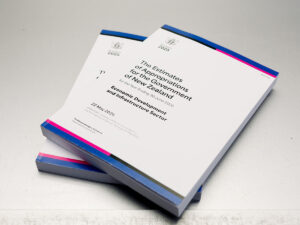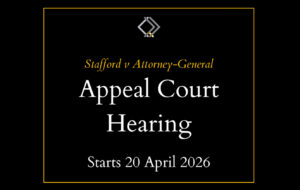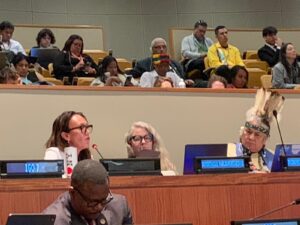Madi, Ngāti Kōata, Ngāti Kuia, Rangitāne o Wairau, Ngāti Apa ki te Rā Tō, is an historian whose doctoral thesis, undertaken at Te Whare Wānanga o Waitaha University of Canterbury, was focused on Ngāti Kuia history.
She is a lecturer in Aotahi – School of Māori and Indigenous Studies at the University of Canterbury.
Madi has recently given evidence on our behalf in Stafford v Attorney-General. Her evidence draws on historical, customary and archaeological sources to help determine the locations of the occupation sites in question in our case.
“The Spain Award definitions do not accurately reflect how Māori occupied and lived on the land”.
My view is not simply that the definitions of the Spain Award ‘do not accord with tikanga’; it is the difference in understanding Māori had of the agreement and what the impact of that would be.
As discussed in my evidence, pā, wāhi tapu, and cultivations were understood quite differently by Māori as per the Deeds of Release in te reo Māori.
The Eurocentric nature of the Spain Award definitions did not match up to how Māori understood these, and this misalignment of understandings was well-known by Europeans at the time who acknowledged how Māori cultivated and lived on the land.”
Madi said that it was an honour to be involved in something of this magnitude.
“This is a monumental historical case that we’re working on. We are a part of history rather than simply writing about it. If you’re a Māori academic scholar, I believe it’s important to use your skills for the benefit of your people, and I feel very privileged to assist and to carry on the legacy of those who have gone before us.”




